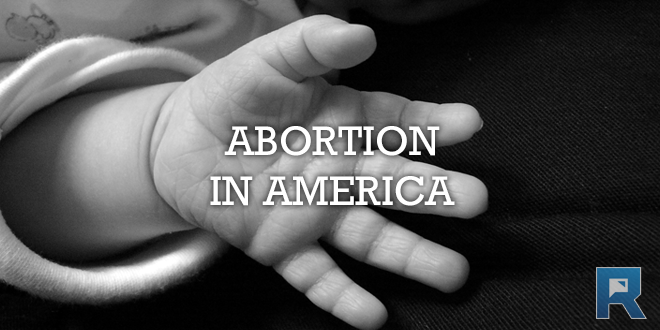
Brethren, if a man is overtaken in any trespass, you who are spiritual restore such a one in a spirit of gentleness, considering yourself lest you also be tempted (Gal. 6:1).
That passage is more than a saying; it is a call for Christians to reach out in love to our brothers and sisters in the Lord who have fallen back into sin. We are commanded to reach out to them and to help them come back home.
But there is a unique temptation that will come our way when we’re involved in this sort of activity. Paul touches on it in this verse: “you who are spiritual restore such a one in a spirit of gentleness, considering yourself lest you also be tempted.” There is a certain way that we are to reach out to the erring.
Sin has a way of creeping in – even in situations that have spiritual grounds. Sometimes reaching out to an erring Christian turns into becoming a busybody or can even lead to gossip about the one to whom we are reaching out. Sometimes a brother or sister may wrong me. Perhaps later they realize that wrong and apologize to me, but I may be reluctant to forgive them. Watch yourself, Christian! If you don’t, then Satan will take you down to those same depths!
The “spirit of gentleness” described in this verse literally refers to meekness. Being meek is the opposite of being self-assertive or of operating out of self-interests. I’m going to be humble in seeking the fallen because I know that it could happen to me!
Who are the “spiritual” to whom Paul gives this obligation to restore the fallen? They are the people who have a spiritual mind (Rom. 8:5-8). They are people who’s affections are on spiritual things (Col. 3:1-2). Spiritual people have crucified “the flesh” (Gal. 5:24), and are seeking to bear the fruit of the Spirit (Gal. 5:22-23). These are the ones whom Paul addresses with this important task. They will provide a positive example to follow and will handle the situation with love, gentleness, and Christ-likeness.
Let’s wrap it up: Christians take care of each other! We are called to the opposite mentality of Cain, who asked, “Am I my brother’s keeper?” We are our brother’s keeper! We have a responsibility to others and they have a responsibility to us. We are to keep each other in check, constantly encouraging each other to keep on keeping on. That’s part of the beauty of the family of God.
So let’s be spiritual people who are motivated by spiritual reasons to reach out to someone, in an effort of helping their spiritual health.





 This is a partial transcript from my weekday podcast, The New You, where we focus on maintaining and accentuating the new that Christ created in each of us as Christians. A new episode is available each Monday through Friday on The Light Network.
This is a partial transcript from my weekday podcast, The New You, where we focus on maintaining and accentuating the new that Christ created in each of us as Christians. A new episode is available each Monday through Friday on The Light Network. 











